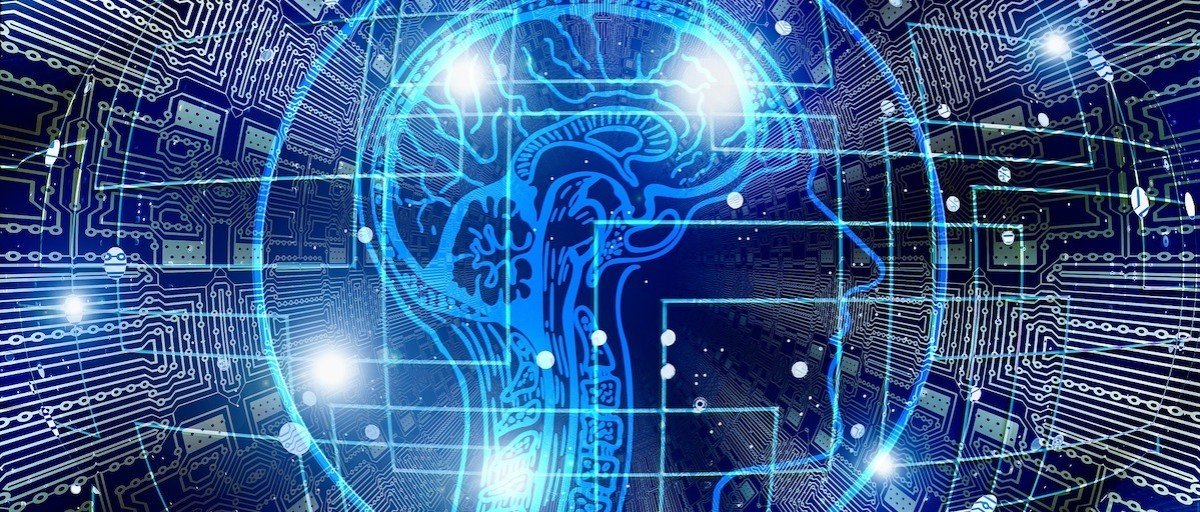Brett Parker SAP - The Fourth Industrial Revolution is now a reality PT 2

The change begins in the factories themselves, since these have been adapted to the manufacturing needs of the new products of the digital era, which require innovative processes. This change carries with it three phases of evolution until it reaches Industry 4.0:
(1) wireless manufacturing or sensorization and connection of everything using IOT technology
(2) virtualization of intermediate layers or data collection and integration in industrial process management platforms
(3) the application of artificial intelligence (AI) for decision making.
In the first phase of the intelligent factory it is equipped with sensors and all the elements of the factory are connected, transforming into a factory without cables. In this way, more dynamic and flexible production lines are enabled, which can be adapted to the production requirements very easily.
This entire transformation process would not be possible without the help of the Internet of Things and its evolution towards the new Industrial IoT networks, which accelerate its implementation, thanks to the progressive implementation of 5G and LTE protocols, which also guarantee that the transmission of Process data is carried out with the level of security and reliability that industries require.
Once the factory has been equipped with IOT, the second phase is oriented towards the collection of the data captured by the sensors, which once integrated into the industrial management platforms allow real-time decision making.